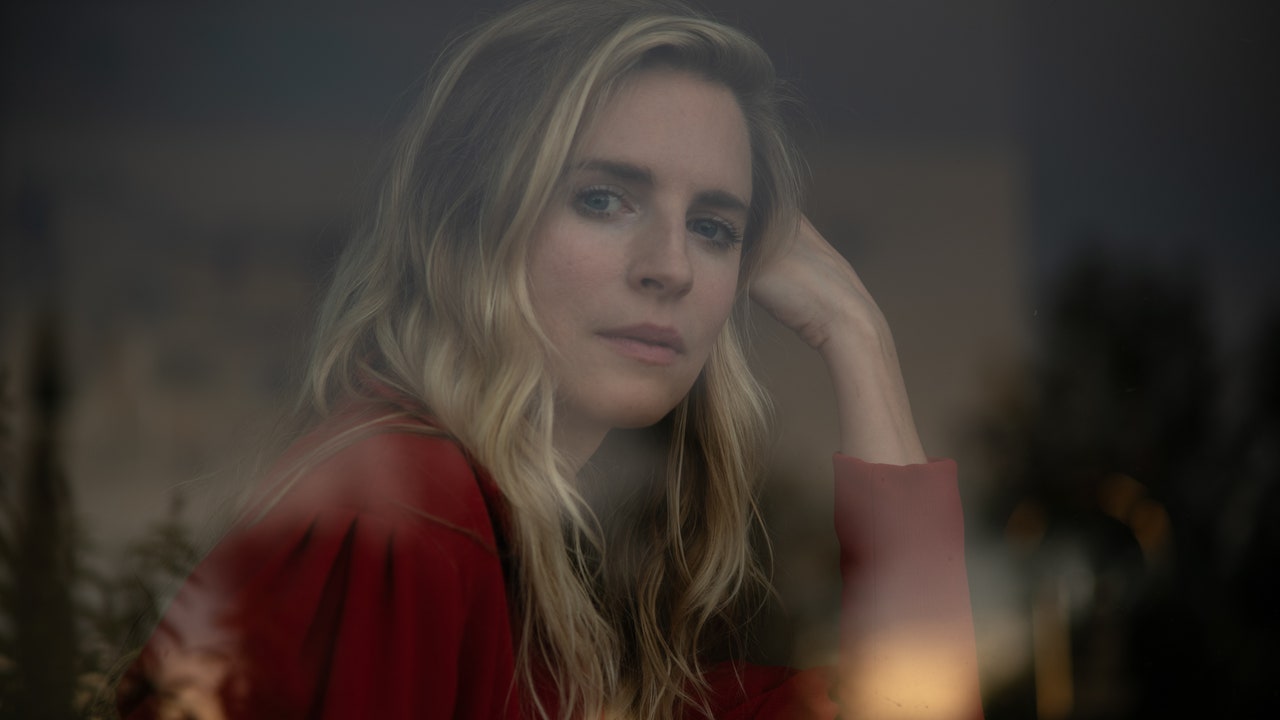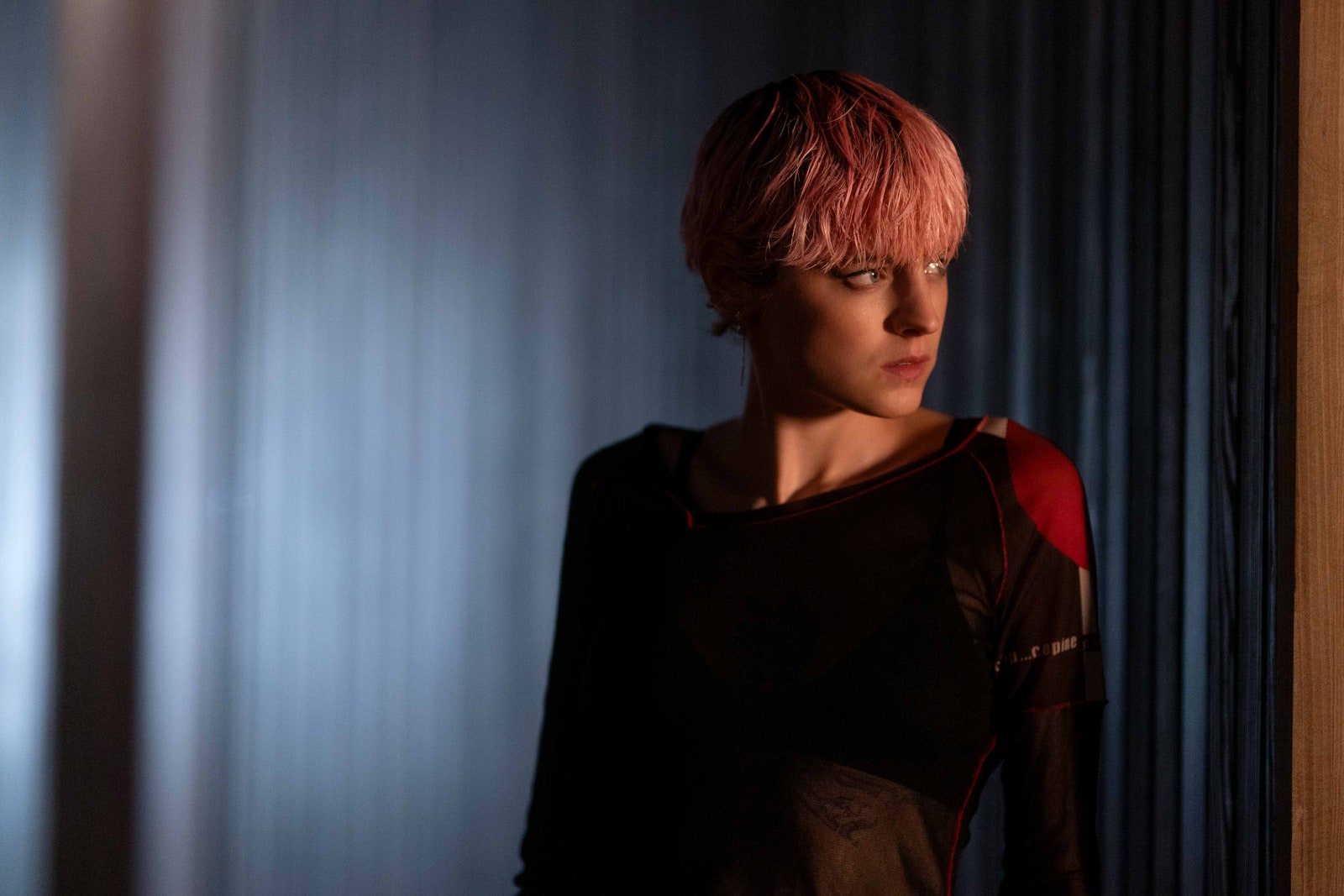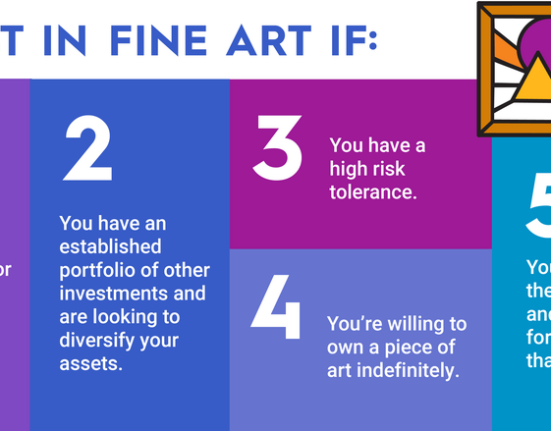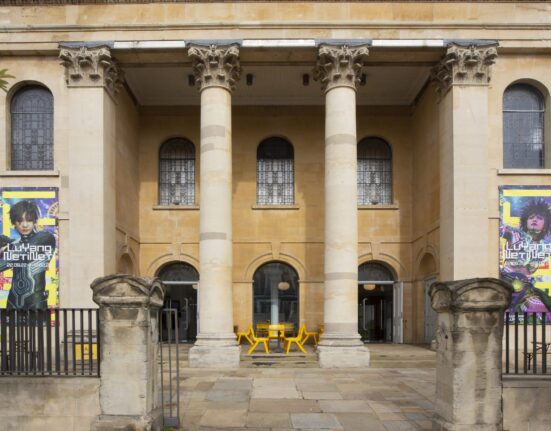Here, Marling – who not only wrote and directed the show alongside Batmanglij, but also stars in it – shares the story behind how A Murder at the World came to be, the challenges of shooting in remote corners of Iceland, and why watching many of the show’s predictions unfold in real time over the past few years has been both a surreal and strangely validating experience.
Emma Corrin as Darby Hart.Chris Saunders / Courtesy of FX
Obviously the show has been delayed a few times, both due to Covid and the Hollywood strikes. How does it feel to be finally putting it out into the world?
Oh, gosh. We started thinking about this idea in 2018, and in 2019 it started to take more shape. In 2020, we went out to pitch it, then it took a year to write, then it took a year and some to make because of the pandemic, and then we were editing. It’s been a long time coming, and I think when you invest that amount of time in something, and so much of your life and energy, it’s hard not to care deeply about its release into the world and hope that it gives people something, or moves people in a way that makes it feel worth that investment of time, I guess.
Going back to the beginning, I know that you and Zal spend a lot of time coming up with all sorts of ideas together for projects. What is it about an idea that makes you stop and say, Wait, I really think this could be something?
I think with this in particular, it was just a strong feeling about a character. Darby Hart, as a character, sort of sprung up fully formed, in a way. Sometimes it takes a long time to find a character’s voice as you’re writing, and you have to try and try, and you can’t answer questions very easily about the character. If you were like, What’s the character’s favourite colour? What kind of car would they drive? What’s their idea of a wonderful afternoon? If you can’t answer any question really easily about them, it’s like they’re not fully there yet. But with Darby, it was always just there. You asked, what’s her favourite colour? Red. What does she like to do on an afternoon off? She’d be on her computer, solving these cold cases. She spoke to us very clearly from the beginning. And I guess when that happens, you just feel compelled to write it – it’s almost like you have to write it. And I think part of that feeling also came from the pandemic, because it was less about thinking, What do I want to do? What would be a good next step in my work and career? Instead of those outside thoughts coming in, it was very internal. Things felt so fraught and so fragile at that time, and so we found ourselves asking more: What feels essential to tell at this time, with all this adversity? And what feels like it could have some kind of use in the world?
Having done a very ambitious TV project already with The OA, I guess now you don’t embark on these projects with any kind of illusions – in that you’re going to build this world, and then have to live in it for the next few years of your life. Does that weigh on you in terms of the choices you make now?
It’s funny, I’m starting to become more and more sceptical of what it means to constantly be building worlds from scratch and then living inside them, and then inviting other people inside them, and then collapsing them and putting them away. I don’t know where psychologically that urge comes from. But I think the older I get, the more I want to live in the real world as well. Maybe when I was younger, it felt like a kind of escapism in building those worlds. But now when I think about going forward, I’m like, Hmm, maybe it would be nice to do something shorter again. Because mounting something that’s an hour and a half or two hours long would feel like a walk in the park compared to what we’ve now done for the third time, which is mount these eight-hour, more novelistic odysseys. So yeah, maybe going forward, I’m going to look to be more brief. Maybe I’ll just get into writing poetry. [Laughs.]
You spoke about the fact that Darby seemed to spring up as a character fully formed – do you think that’s because there were parts of you and Zal that were already in her?
Hmm. [Pauses.] I don’t know if we’d really seen her anywhere before, and I think that made her feel compelling. I love mysteries, and I watch a lot of them, and most of them have a very similar beginning, where you start at the crime scene, and the detective takes you in there, and you usually find the body of a young, beautiful woman. And usually, she’s naked or mutilated or covered in blood. And there’s a charge to that image. And that charge is so powerful in terms of nuclear engines for stories for some reason – the dead woman on screen is such an engine for it that it can drive an hour, two hours, 10 hours of narrative storytelling.







